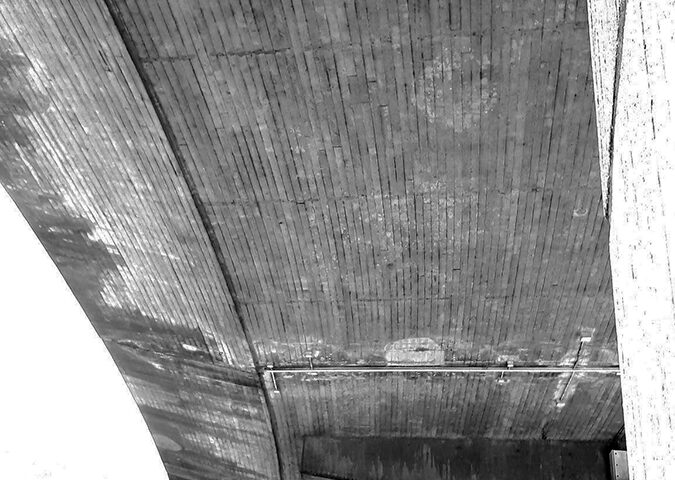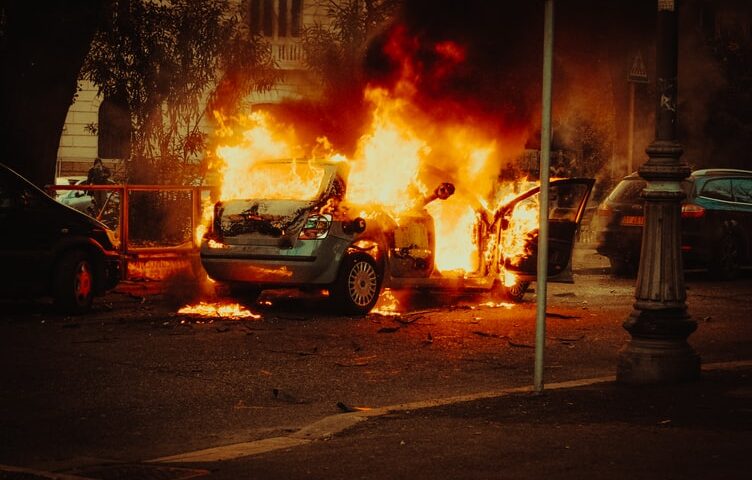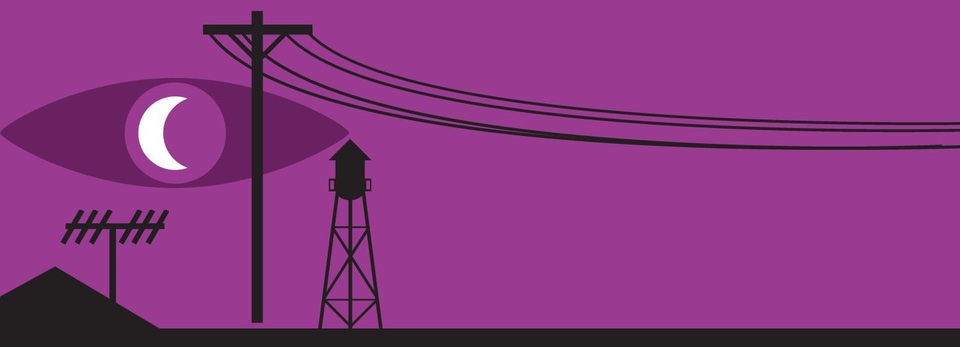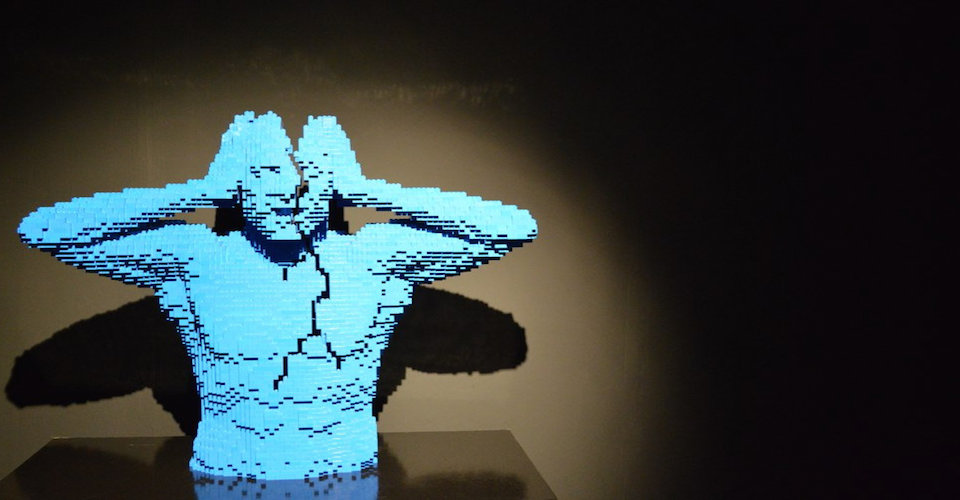Long has it been known that the future is cancelled. This doomed fate claimed by Fisher, and indeed others, has only solidified amidst climate crises, right-wing political control, and post-pandemic uncertainty. More and more, it seems that both metaphorically and literally there is no future to come, at least not in the dominant imagination of western politics and culture.1 This is troubling, of course, but not simply because the future has been stolen. It is troubling because something ‘out there’ in the abyss of reality has the agency to steal our futurity. Someone, something, an it, is a thief of time. Temporality has been infected, seized upon and warped; only a monstrous being could do such a thing.
View More Education, a Monstrous Thief of the FutureTag: Technology
Terrorism and Technology in Jennifer Egan’s Fiction
Jennifer Egan consistently pays attention to ideas of terrorism, war, and violence in her fiction. From her first novel, The Invisible Circus (1995), Egan writes about citizen bombing and guerrilla violence in a coming-of-age narrative fascinated with ideas of death and belonging. This interest in terrorism continues in Look at Me (2001), in the subplot of Lebanese terrorist ‘Z’ and a description of terrorist intent that eerily prophesies the events of 9/11, occurring just after the novel’s publication. Egan’s best known novel A Visit from the Goon Squad (2010) (hereafter referred to as Goon Squad) is haunted by the image of 9/11, which is present even in absence as the novel’s unique narrative structure moves between the before and after of the attacks. This interest is clearly still evident in the spy-thriller plot of Twitter fiction ‘Black Box’ (2012), and is even touched upon in Egan’s most recent novel Manhattan Beach (2017), a historical fiction which centres upon the first female diver at the Brooklyn Naval Yard in 1940’s New York and engages with its wartime setting and ideas of American military power.
View More Terrorism and Technology in Jennifer Egan’s FictionConference Review: New Research on American Literature and Neoliberalism
‘New Research on American Literature and Neoliberalism’ (organised by Arin Keeble) was held at Edinburgh Napier University on the 9th December 2019. This symposium included eight papers over two panels, and launched six new books focused around American literature in the neoliberal age: Diletta De Cristofaro’s The Contemporary Post-Apocalyptic Novel: Critical Temporalities and the End Times (2020); Paul Crosthwaite’s The Market Logics of Contemporary Fiction (2019); Myka Tucker-Abramson’s Novel Shocks: Urban Renewal and the Origins of Neoliberalism (2019); Arin Keeble’s Narratives of Hurricane Katrina in Context: Literature, Film and Television (2019); Liam Kennedy and Stephen Shapiro’s Neoliberalism and American Literature (2019); and Sharae Deckard and Stephen Shapiro’s World Literature, Neoliberalism, and the Culture of Discontent (2019).
View More Conference Review: New Research on American Literature and NeoliberalismAlluvium Editorial 7.2
Guest Editors Julia Ditter and Andreas Theodorou explore the connections between the past and the present.
View More Alluvium Editorial 7.2Loud Fictions: Noise in the Contemporary American Novel
In his 1946 essay, ‘Silence,’ the English novelist Aldous Huxley described the twentieth century as ‘the Age of Noise. Physical noise, mental noise and noise of desire – we hold history’s record for them all’ (149). Writers of the early twentieth century saw noise as a symptom and consequence of modernity and modernist writing, as Josh Epstein notes, was ‘infiltrated’ by ‘the sounds of air-raid sirens, trains, typewriters,
View More Loud Fictions: Noise in the Contemporary American NovelAndroids in the Academy
There is something uncomfortable about David, the android from Ridley Scott’s 2012 film Prometheus. This is partly due to the various interpellations…
View More Androids in the Academy






